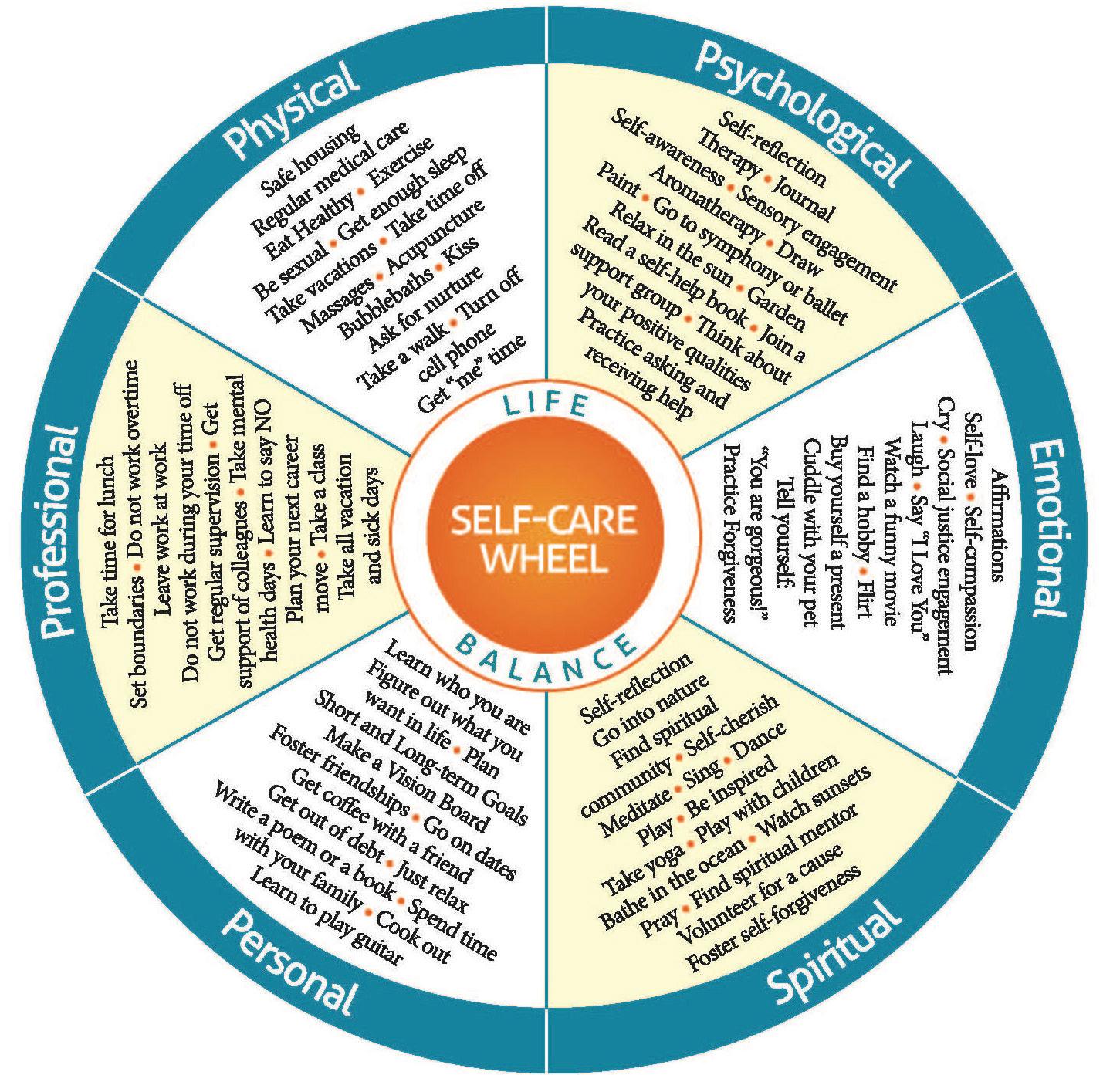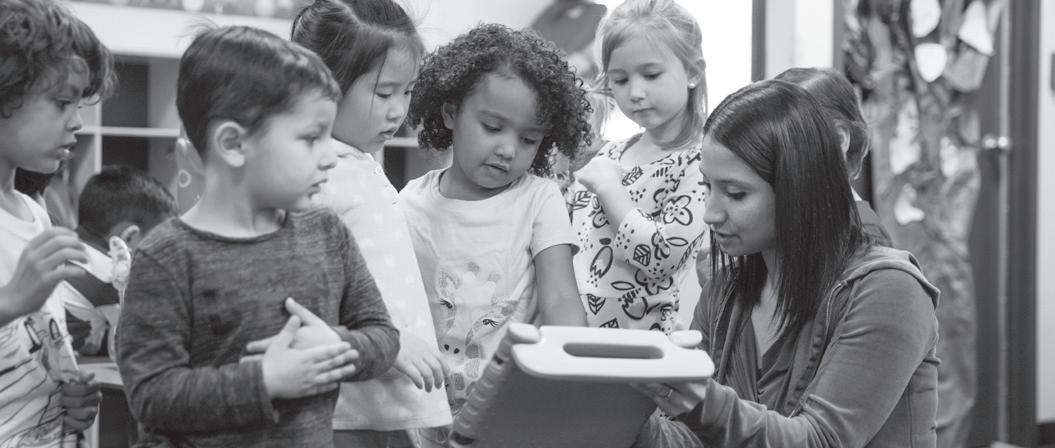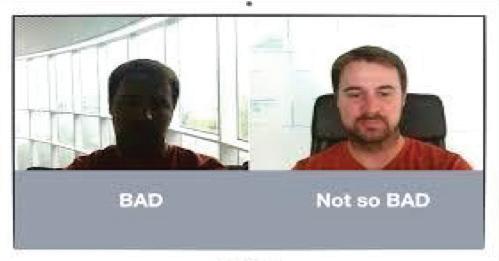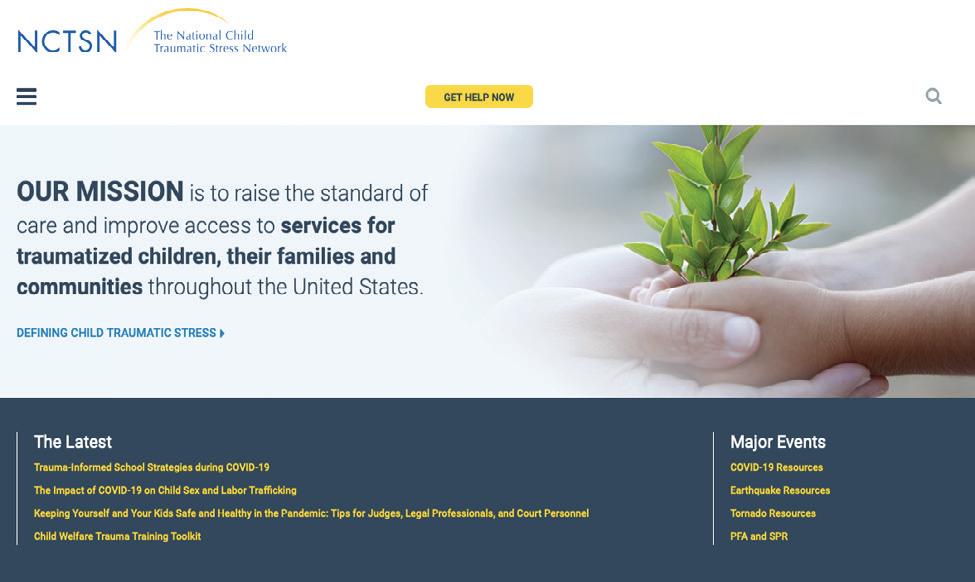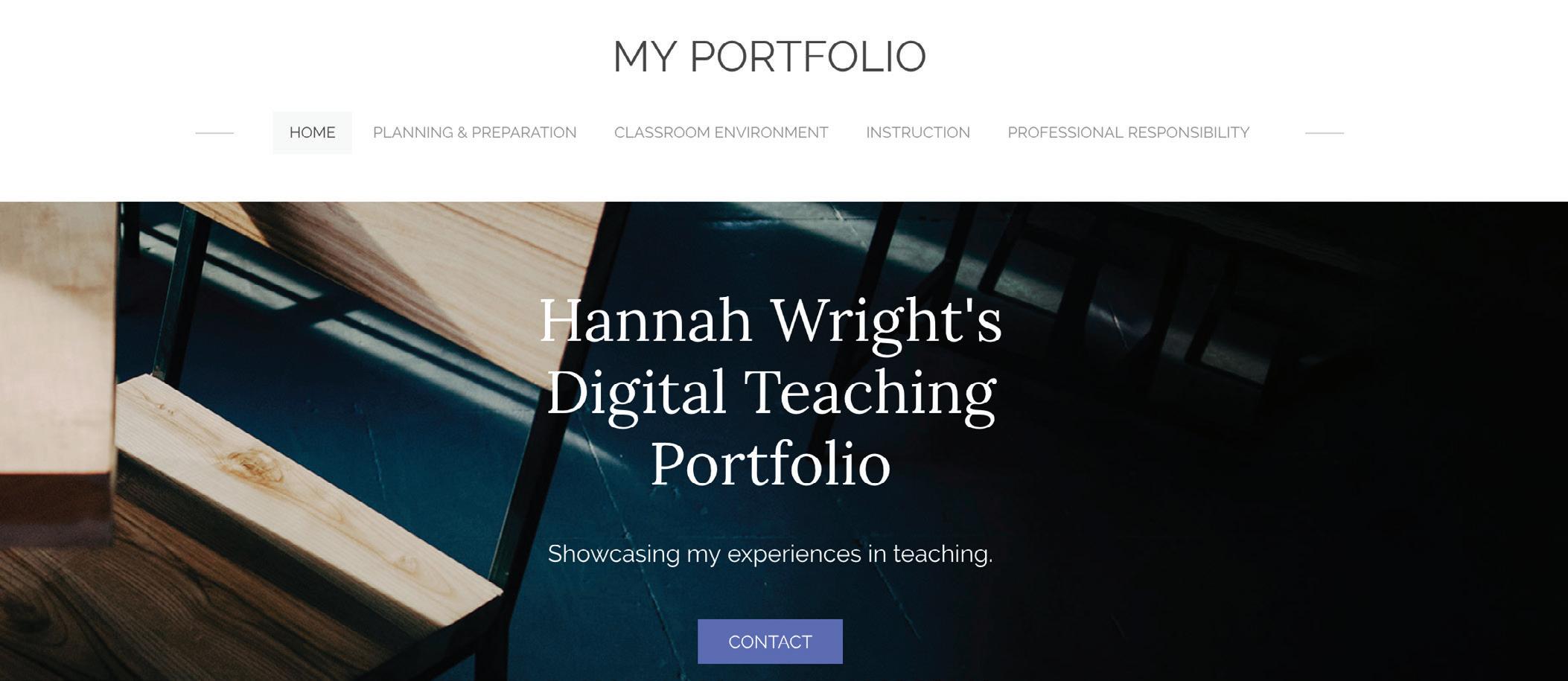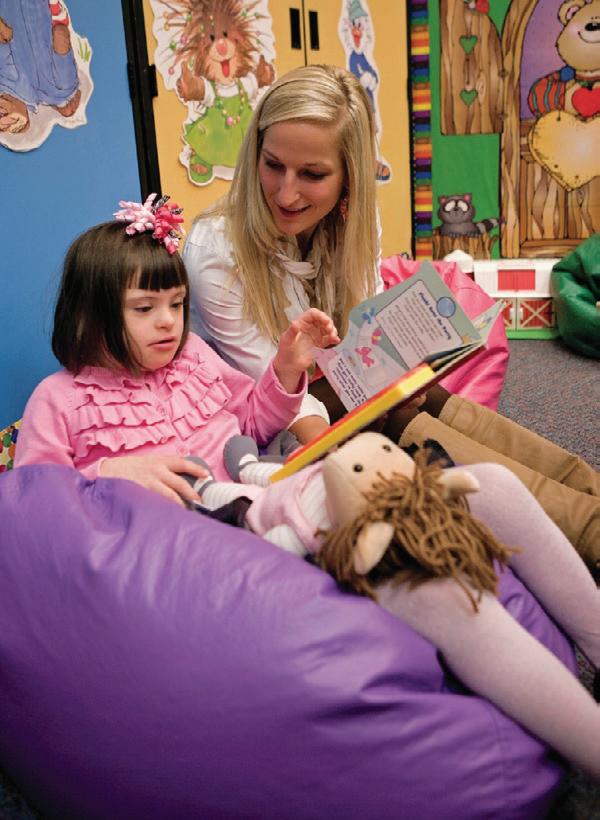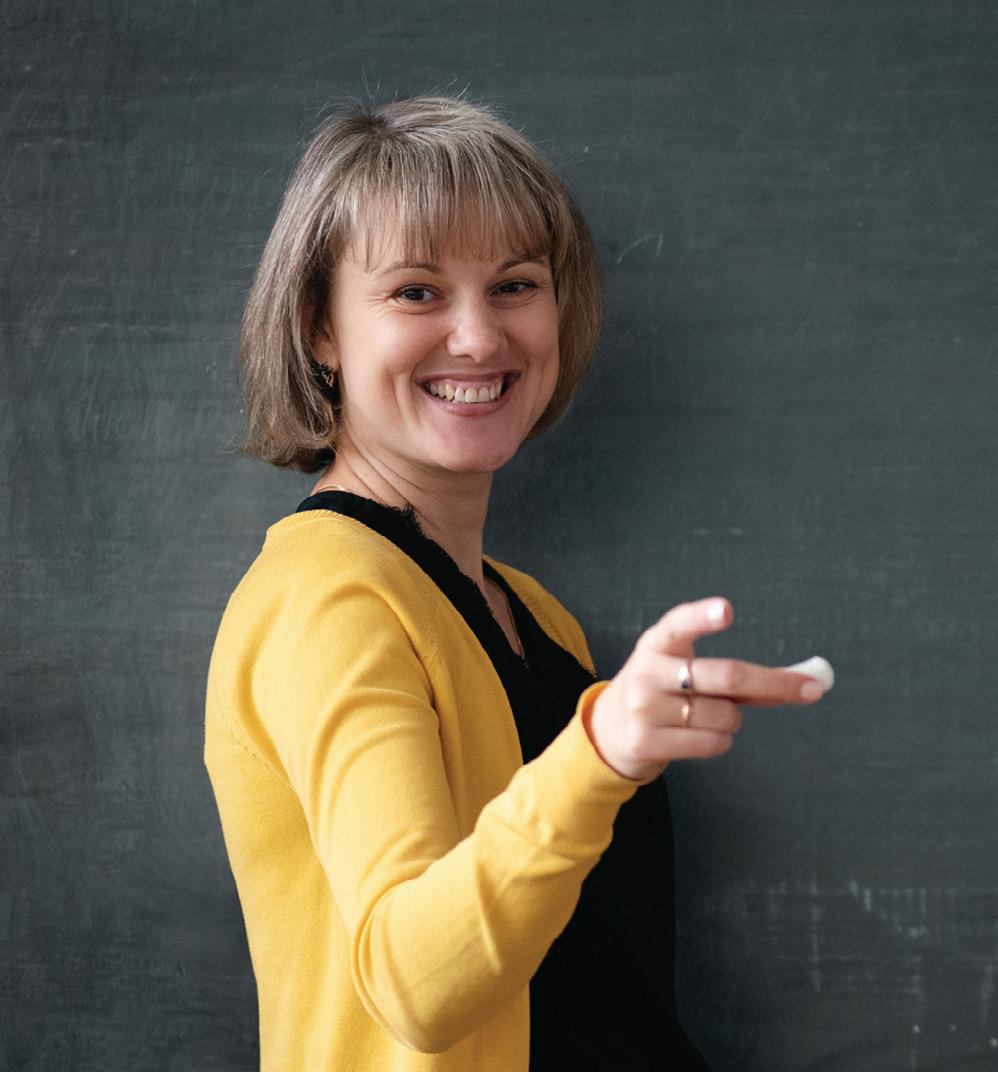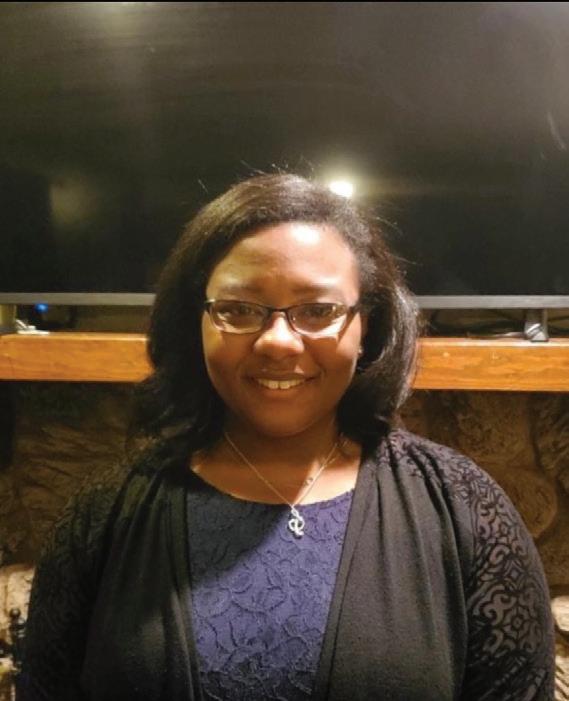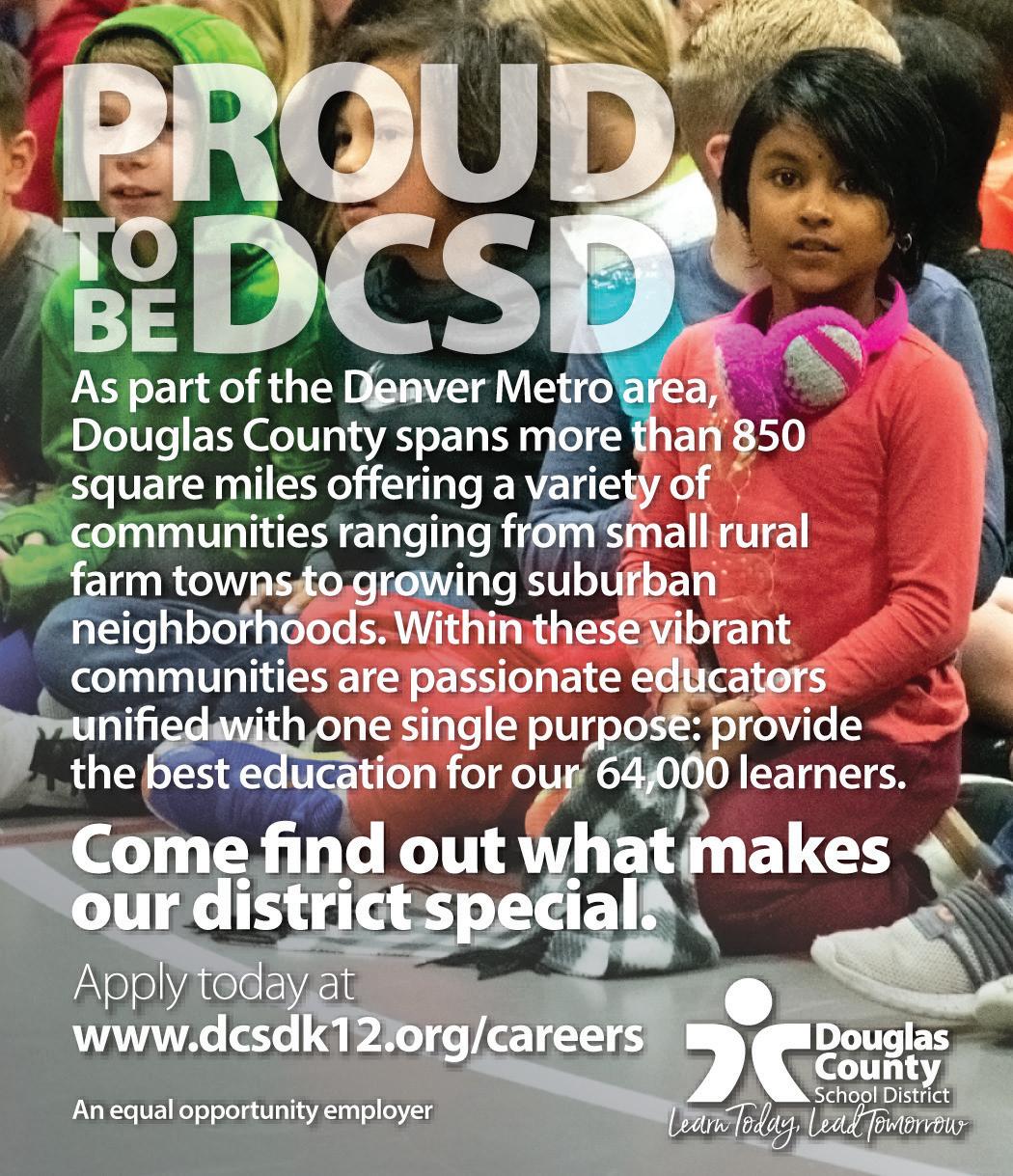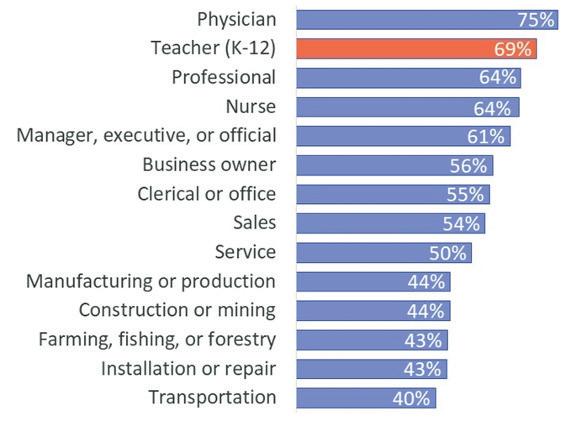Once again, researching the school before the interview will pay off. There are several motivations underlying this question. Interviewers want to know you’ve done your homework. They want you to recognize their school is a special place before you are invited to join the faculty. There is always a connection between a classroom and the community just beyond the school walls. In a diverse community, for example, curriculum must honor all cultures.
10. Tell us about your involvement outside the classroom.
It is best to give actual examples if you were a coach, initiated a student club, chaperoned school dances and concerts, joined faculty committees, attended professional conferences, or made a point of cheering on a troubled student playing a sport after school. If you are just starting out, express your enthusiasm for working with students before or after school, and cite relevant experiences, interests, and training that align with these activities.
Last, we offer this “bonus” question, which is really not a query directed toward you, but an opportunity for you to ask for information.
What questions do you have for us?
When you hear this question, you know you’re almost finished! You might have one or two questions in mind, but by the time you reach the end of the interview, candidates have an understandable tendency to forget. That’s why it’s a good idea to jot these questions on a legal pad and bring them with you to the interview; take out the pad when you first enter the room and place it in front of you. Don’t ask a question if the answer is readily available on the school’s website; for example, “How big is the school?” Posing questions about salary and benefits during the initial interview is also bad form. Ask a genuine, essential question you really want to know. Some candidates turn around questions they were asked earlier in the interview. “What qualities are you looking for in a teacher?” “What do you believe is the proper role of test prep?” These questions will help you decide whether the school is right for you. Keep in mind that many questions are now asked in situational form: they start with, “Tell us about a time when….” No matter what the format, being well prepared is the best strategy for any interview. It’s a proven formula for success.
Linking Social Emotional Learning (SEL) Concepts into Your Interview Dr. Toni L. Mild, Dr. Jessica Hall-Wirth, and Dr. Ashlea RineerHershey, College of Education, Slippery Rock University of Pennsylvania
T
here are many topics and skill sets that you should highlight on your resume and during the interview process. Some of these may include differentiated instruction, knowledge of Individualized Education Programs, components of an effective reading program, Multi-Tiered System of Supports (MTSS) and use of technology within the classroom. However, another topic has become increasingly popular and beneficial in the world of education - Social Emotional Learning (SEL).
Preparing for Interviews and Job Fairs
9. What do you know about our community and our school?
Social Emotional Learning (SEL) encompasses teaching students’ certain skills so they can become a well-rounded individual. Many SEL curriculums focus on empathy, social skills and managing emotions. They teach students how to effectively understand and regulate their feelings and emotions so that they can build healthy relationships, achieve goals and ultimately be successful in their communities. If you are not familiar with SEL or its components, make yourself aware by visiting one of the leading organizations in SEL, the Collaborative for Academic, Social and Emotional Learning (CASEL) website. You can find a wealth of information and many resources on their link: https://casel.org/what-is-sel/. CASEL has created a framework that outlines their five core competencies of SEL. When these core competencies are implemented within the classroom setting, schools can see an increase in school attendance, a decrease in dropout rates, an increase in positive student behaviors and better grades. Incorporating SEL components into the interview process can show each district that you are up to date on new initiatives within the field of education and have a proactive philosophy on how to promote student success both socially and emotionally. Consider taking it a step further and building a lesson plan that incorporates the SEL components to showcase your ideas. Perhaps by including SEL within your resume or interview, that could be the ‘thing’ that sets you apart from other candidates – and ultimately makes you their candidate of choice. References: Collaborative for Academic, Social and Emotional Learning. https://casel.org
57 American Association for Employment in Education




